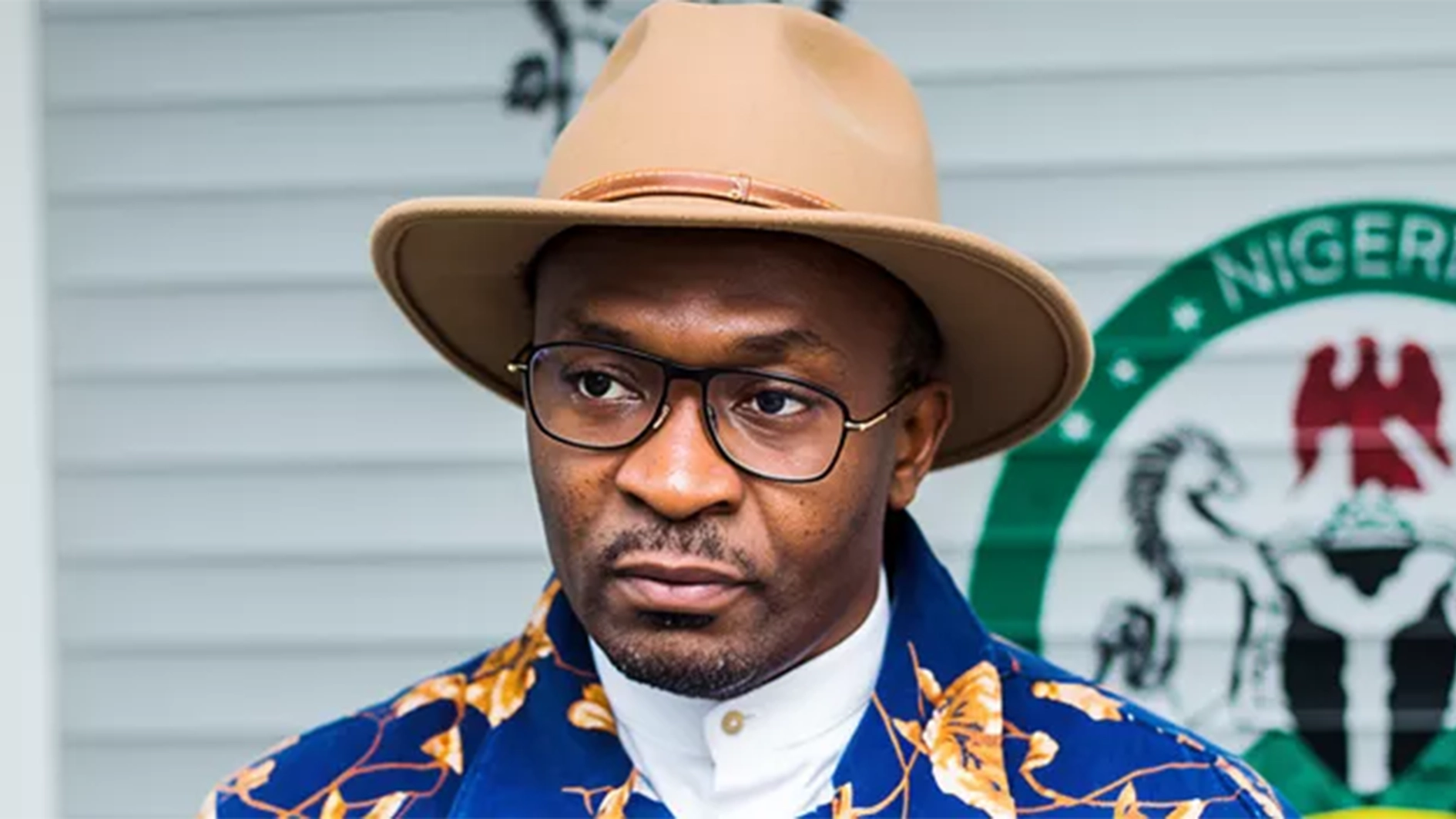
Inadequate financing triggered by recent economic recession was yesterday identified as a major constraint to Nigeria’s transition to renewable energy.
Speakers at a seminar on “Start-ups in Renewable Energy”, organised by the Consulate-General of the Federal Republic of Germany, Lagos in conjunction with the Delegation of German Industry and Commerce in Nigeria, said the impact was felt more in foreign borrowing.
According to the delegation’s Head of Energy and Environment Desk, Mrs. Barbel Freyer, while speaking with The Guardian, access to financing for proper start-ups in renewable energy had been hampered as the recession triggers unpredictable exchange rate which does not encourage external borrowing.
Although the market is very huge, financing, she said, has remained a problem, compounded by the unpredictable exchange rate that discourages borrowing.
Freyer, who spoke on the sidelines, said the impact of the unfavourable business climate occasioned by recession had affected interested investors.
According to her, there is need for collaboration between the relevant stakeholders to facilitate transition to renewable energy.
The seminar, a continuation of 10 successful ones on the potentials of renewable energy in Nigeria started in 2014, is aimed at giving young and creative German and Nigerian entrepreneurs with innovative ideas and sustainable business model a platform to share their experiences and introduce their business models and products.
Partnerships and Expansion Manager at Mobisol in Berlin, Germany, Ekene Aina, who was one of the lead presenters, stressed that the company had transformed the original idea into a business model and built the right team by securing financing from DEG in 2010.
The company, he said, transformed into a major solar home system business in East Africa, servicing over 300,000 people with clean affordable and reliable solar energy, through further support from international partners in the last six years.
According to him, the prerequisites for success as an entrepreneur and for building a sustainable business anywhere in the world include having a bankable and enduring model that guarantees considerable returns on investments as well as delivering qualitative services to humanity and securing access to finance.






